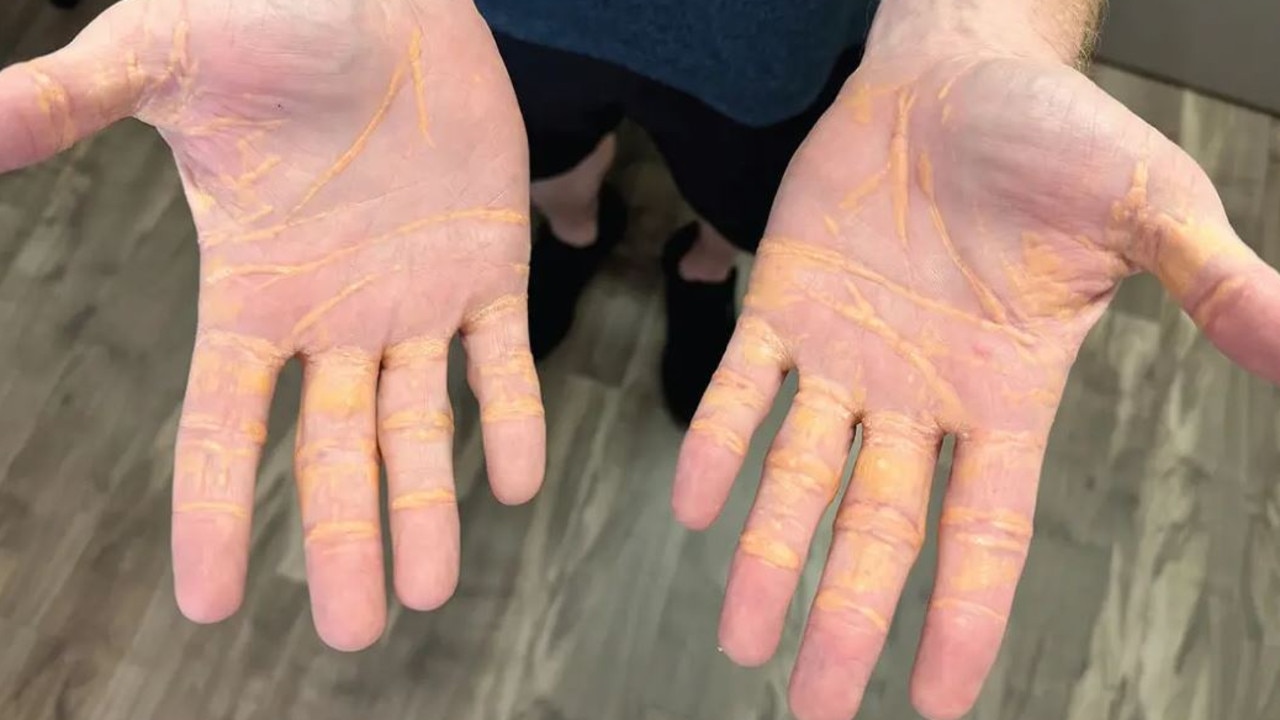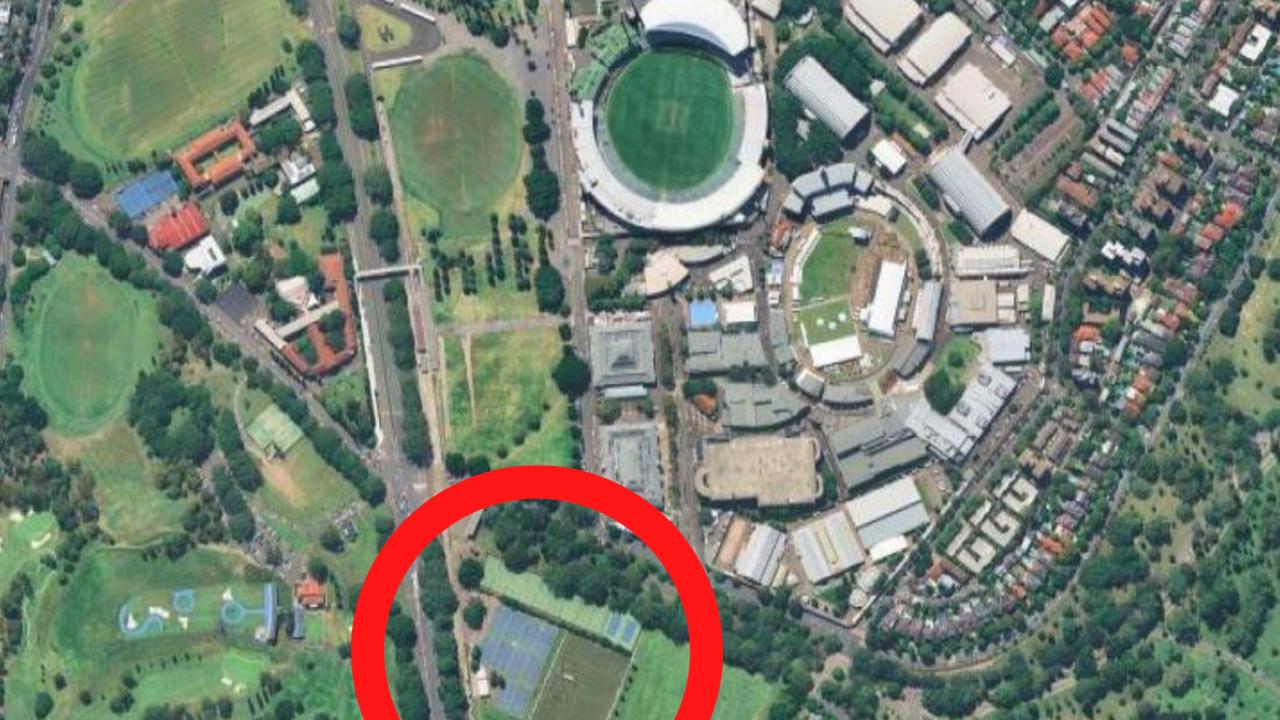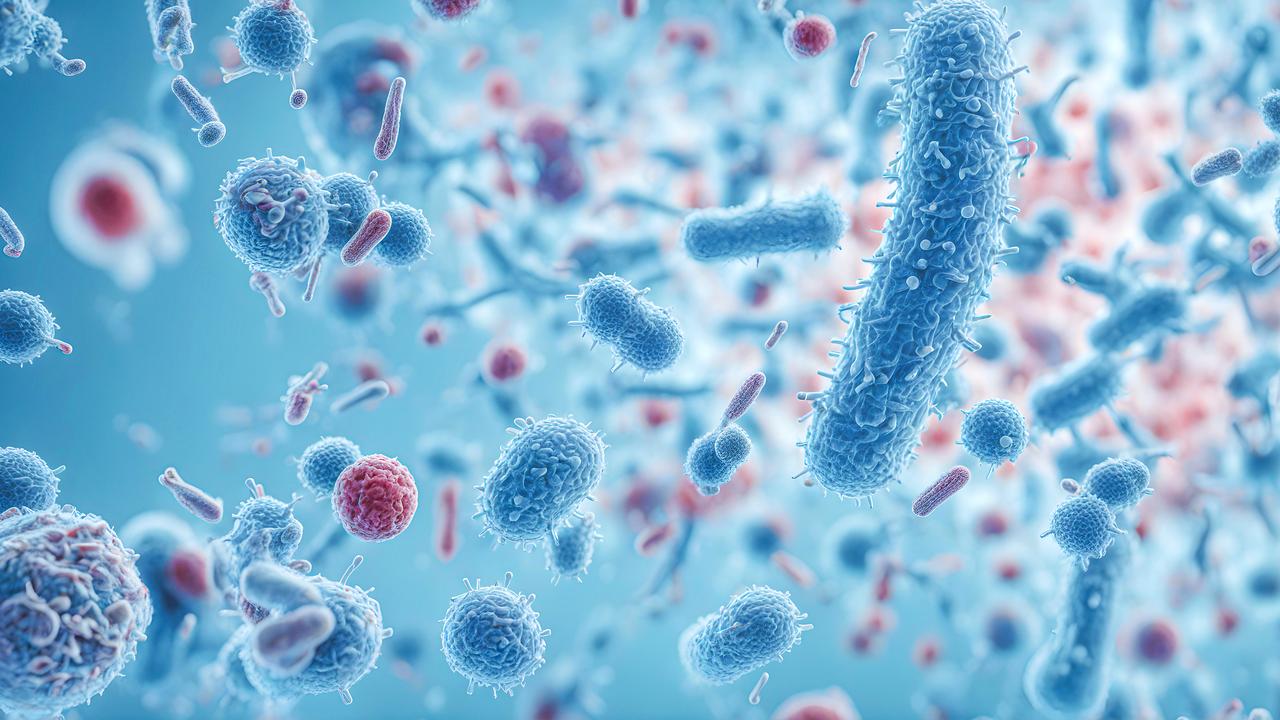Coronavirus: Expert reveals how to boost your immunity
As people panic-buy hand sanitiser and masks, there’s one easy step you can do at home to boost your immunity – and it doesn’t cost a cent.
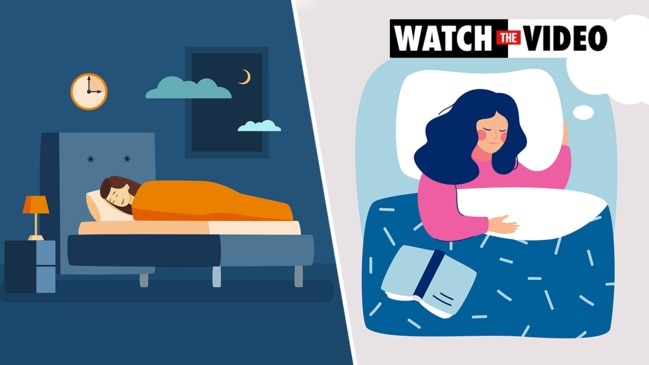
As fears over the spread of coronavirus reach fever pitch, Australians have stepped into overdrive in order to protect themselves from the deadly disease.
Supplies of hand sanitiser have largely sold out across the country, while demand for paracetamol and masks – despite evidence they do little to prevent you from catching coronavirus – have gone through the roof.
But one expert has revealed there is an easy (and more importantly, free) way to boost your immune system that’s backed by science.
RELATED: Follow the latest coronavirus updates
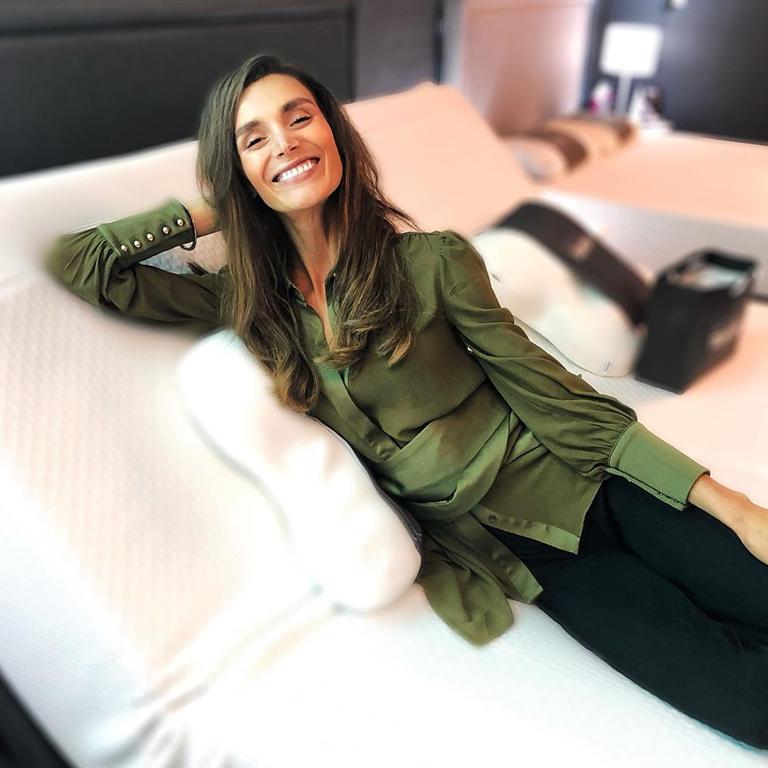
Australian sleep specialist Olivia Arezzolo told news.com.au that we should be aiming for seven to nine hours of sleep a night to make sure we are fighting fit to battle coronavirus.
“Evidence shows that lack of sleep impairs immunity: Studies show a 70 per cent reduction in natural immune cells after four to five hours of sleep,” she said.
“As a result, you aren’t able to fight off contagious viruses, such as corona, as effectively. Fortunately, this reduction is amended as soon as you have sufficient sleep (seven to nine hours).”
Even getting just a little bit less sleep – like staying up an extra hour to finish that season of Peaky Blinders you’ve been bingeing on Netflix – can have a huge impact on your health.
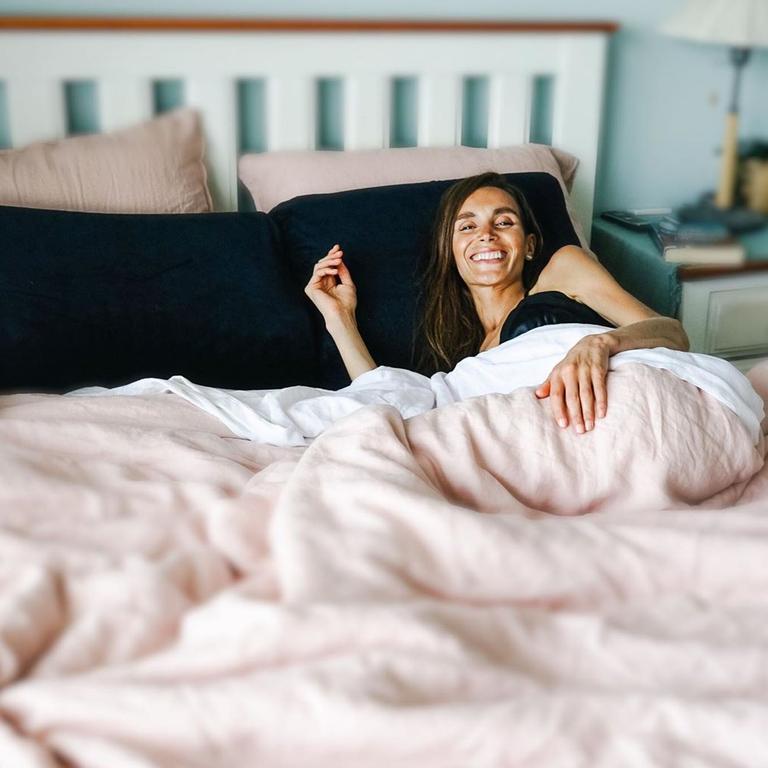
“Further research shows individuals are four times more likely to contract a virus after five or six hours sleep rather than seven – so even just a little bit less sleep than normal wreaks havoc on your body,” Ms Arezzolo said.
Besides making sure we are getting shut-eye for seven to nine hours a night, how you sleep is also crucial.
“(You should sleep) seven to nine hours, however, the quality of sleep is more important – by practising healthy sleep habits such as limiting blue light in the evening, taking a sleep supplement, meditating and applying lavender oil, you’re more likely to sleep deeper,” Ms Arezzolo said.
“And this, rather than the number of hours, is what matters most.”
RELATED: Australians confusing flu symptoms for coronavirus
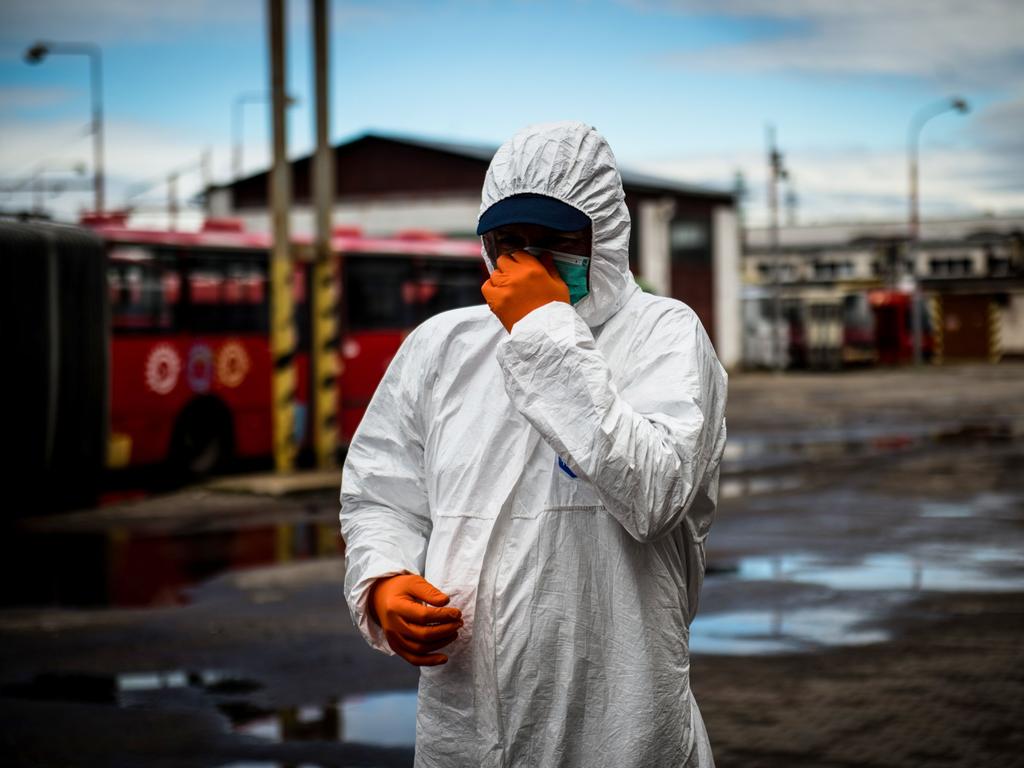
SLEEP AND YOUR IMMUNE SYSTEM
Sleep is crucial in allowing your immune system to run as smoothly as possible – with clinical psychologist and sleep disorders expert Michael J Breus likening your immune system to a football coach, with sleep the halftime break.
“Good coaches make adjustments at halftime, after recognising what their opponents are doing effectively. Sleep plays the same role for your immune system, giving it a chance to fully assess any threats,” Dr Breus wrote for Psychology Today.
“The immune system can then deliberately tackle antigens, directing its cells – or players in this analogy – as they mount a counter-attack. Without enough sleep, though, your body will have a hard time implementing the best game plan to fight back against illness.”
STAGES OF SLEEP
According to Health Direct sleep has two phases – rapid eye movement (REM) sleep and non-rapid eye movement (non-REM) sleep.
There are four stages of non-REM sleep and all are essential in making sure you recharge and can function well the next day.
REM sleep – where your eyes move rapidly, blood pressure goes up and your brain is active – occurs every 90 minutes, with adults spending around one-fifth of their night in REM sleep.
This sleep stage is when you usually dream and is believed to be important for learning and creating memory.
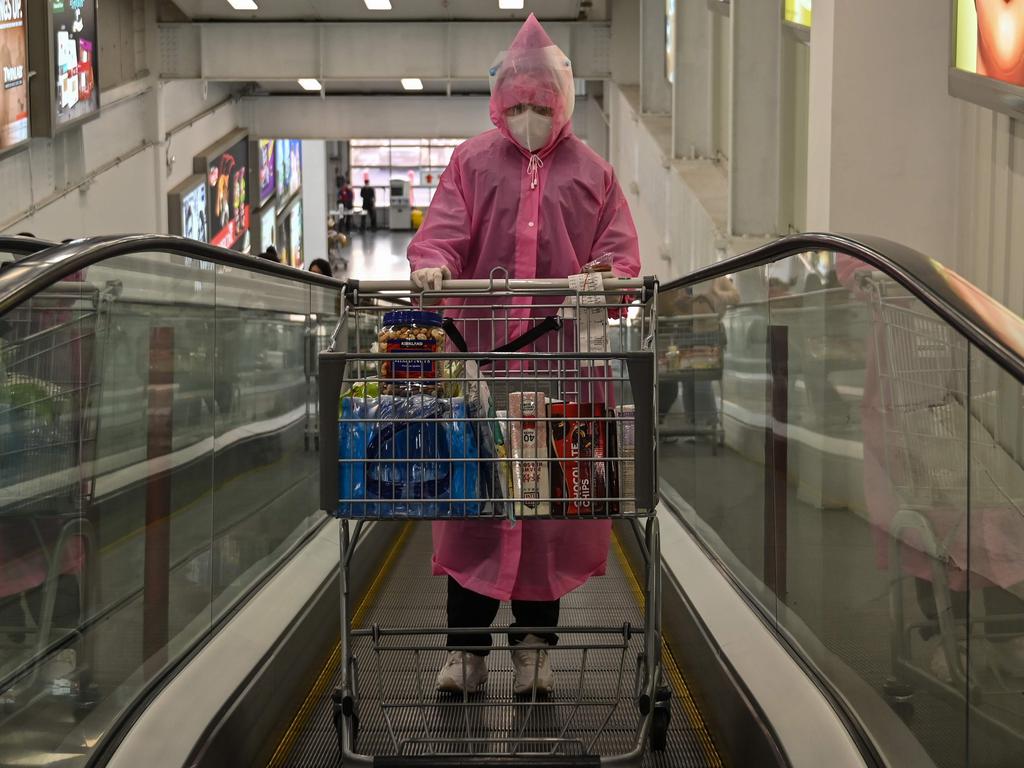
STUDY FINDS GOOD SLEEP HELPS FIGHT COLDS
While not everything is known about coronavirus, previous research has found sleep is a major factor in determining whether you catch a cold.
Last year, a study conducted by the University of California in San Francisco had 164 participants track their sleep for a week.
Afterwards they were put into a hotel and exposed to the cold virus through nasal drops.
Those who had gotten good sleep – at least seven hours per night – were less likely to get sick.
In contrast those who had six hours or less were 4.2 times more likely to catch the cold.
This research suggests that poor sleep is the main factor when someone gets sick – more than age, stress level, race and income, according to Dr Breus.


